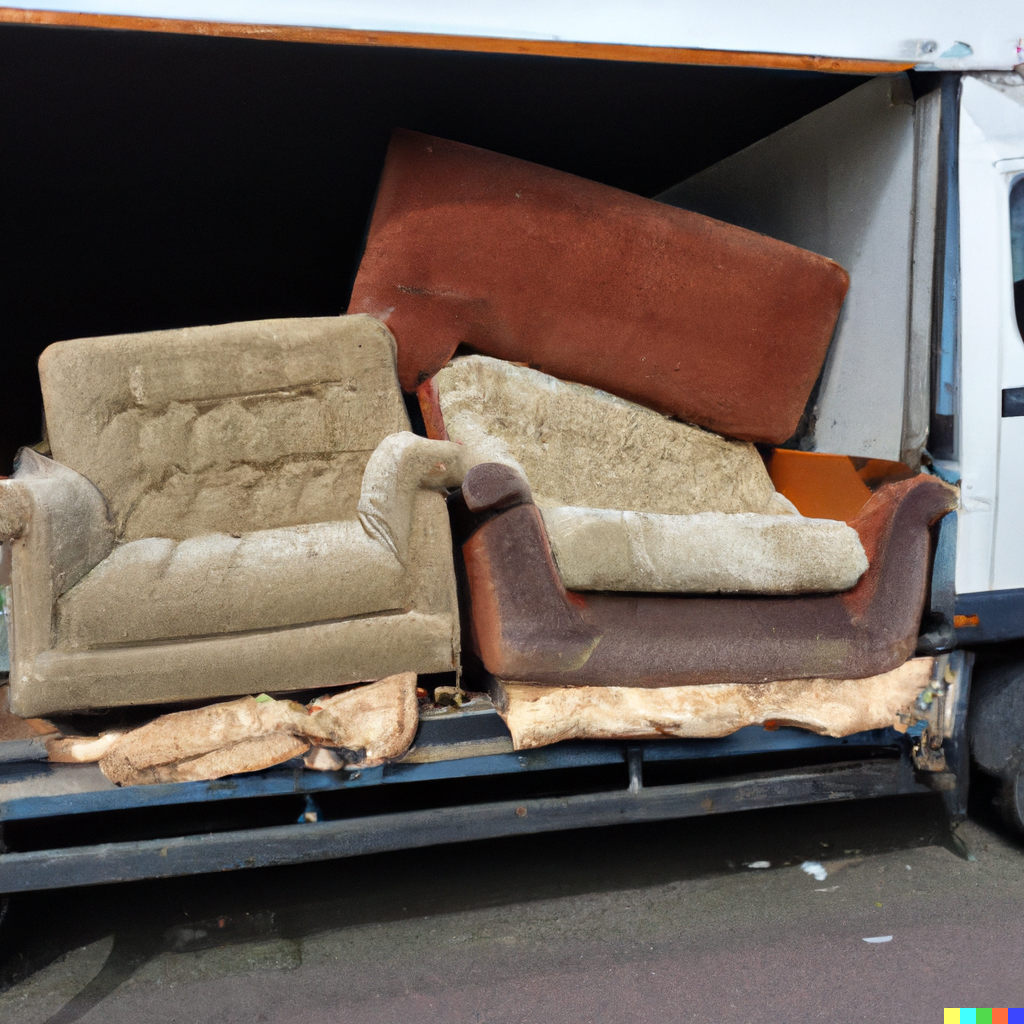The LGA highlighted this as one of the key issues around the EPR legislation in a report going before the association’s Environment, Economy, Housing and Transport Board’s meeting today (21 March).
Under EPR, the scheme administrator is planned to be within the public sector. It will collect payments from producers based on the recyclability of the packaging put onto the market, which are then to be paid out to councils to offset the collection and processing costs.
The document also examines aspects of the Resources and Waste Strategy and its implications on local authorities, noting that the board chair has met with Minister Pow earlier this month to discuss some of the issues set out in the report.
EPR
Following engagement with professional waste networks and Defra working groups, other issues raised by the LGA included the need for a whole system approach which would see producers working with councils and the government as well as ensuring that funding to councils reflects the “real costs” of collecting and processing waste.
The points made by the association reiterate the importance of councils’ involvement in the implementation of the reform due to their key role within the waste and recycling management process.
Consistency

When it comes to consistent collections, the report set out that the LGA has raised issues around ensuring that new burdens funding is sufficient in covering all costs. It also noted the importance of ensuring the set-up costs and ongoing revenue costs are sufficient and that Defra considers in detail the practical challenges of delivering this everywhere for 2025/26.
In addition, the report outlined that some councils who are considering implementing food waste collections prior to the legal requirement “will want to ensure that they are not financially worse off by taking action before the implementation date”. With the government response on this aspect of the Resources and Waste Strategy still not published, there is currently little detail around how the reform will operate.
DRS
The LGA also noted relevant issues for councils in the context of the deposit return scheme (DRS). The document explained that it is “not clear yet” how the DRS will impact waste moving through the household collection route. Concerns have previously been raised by council groups, including the LGA, about the loss of revenue from the material diverted away from kerbside (see letsrecycle.com story).
The report also pointed out other relevant issues for councils such as the proposed use of permitted development rights to install reverse vending machines in public locations, which the association said it has concerns over regarding council oversight. Additionally, there will be requirements on council trading standards teams to provide guidance and enforcement in relation to retailer obligations, raising concerns over resourcing, the document read.

Other issues
Listing some of the other current ongoing issues, the report also touched on the collection and disposal of soft furnishings containing persistent organic pollutants (POPS). The LGA outlined that it has expressed concerns about the Environment Agency guidance being too rigid and creating significant additional costs for some councils to comply.
The LGA also mentioned the government’s consultation on mandating free DIY waste disposal at household waste recycling centres, which included waiving the new burdens process. The document emphasised the need for this funding and the cost impacts of taking it away.
Looking ahead, the report suggested that the LGA could refresh data on costs and call for other forms of funding. It explained that as part of the lobbying strategy, the association could make the case for EPR type schemes for items such as single use vapes, following the “polluter pays” principle.










Subscribe for free